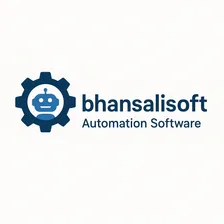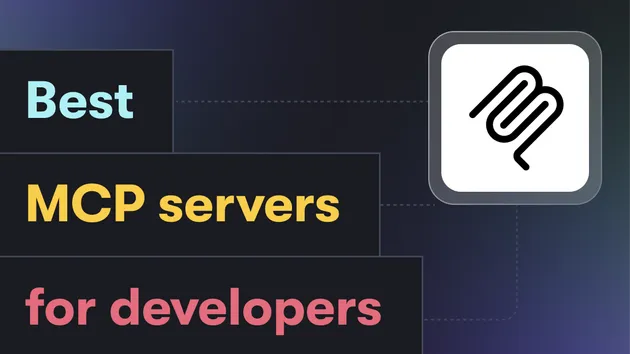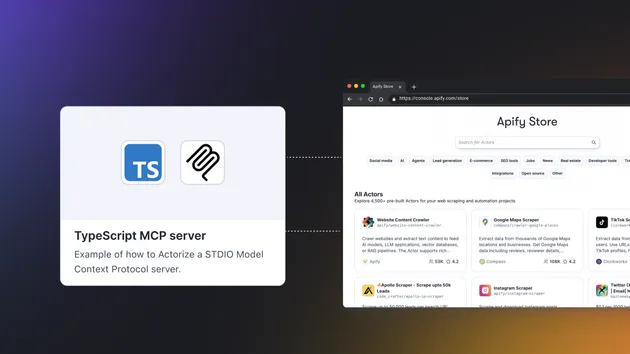Slack MCP SERVER
Pricing
Pay per event
Slack MCP SERVER
Slack AI MCP SERVER unique tool for integration slack tool into AI based automation.
Pricing
Pay per event
Rating
0.0
(0)
Developer

bhansalisoft
Actor stats
0
Bookmarked
2
Total users
2
Monthly active users
6 days ago
Last modified
Categories
Share
🚀 Slack AI MCP Server
The Slack AI MCP Server connects AI assistants and automation systems directly to Slack workspaces using the Model Context Protocol (MCP). This Actor enables AI models to read, send, and analyze Slack messages, manage channels, and interact with workspace data — all through standardized MCP interfaces.
It bridges Slack’s API with Apify’s automation ecosystem, allowing you to build intelligent ChatOps workflows, AI assistants, and conversational agents that can operate securely inside your organization’s Slack.
🧠 Key Features
✅ Real-time Slack interaction Read and send messages, react with emojis, and reply in threads directly through MCP tools.
✅ Comprehensive workspace access List channels, view user profiles, read message history, and search workspace conversations.
✅ Automated AI workflows Trigger actions based on keyword detection or message patterns (e.g., respond to “deploy” automatically).
✅ Secure authentication
Authenticate with your Slack workspace using a Bot User OAuth Token (xoxb-...), securely stored locally or via environment variables.
✅ Standardized MCP protocol Integrates with Claude Desktop, LangGraph, and other AI orchestration platforms for seamless AI ↔ Slack connectivity.
✅ Scalable multi-channel architecture Supports multiple concurrent AI agents across many Slack channels.
🧩 Tools Exposed by MCP Server
| Tool | Description |
|---|---|
| slack_auth_prompt | Guides user to create a Slack app and obtain the Bot User OAuth Token. |
| save_slack_bot_token(bot_token) | Stores and activates a Slack Bot Token (xoxb-...). |
| slack_status | Checks if the saved token is valid and displays bot identity info. |
| list_channels(limit, types) | Lists all public/private channels the bot can access. |
| create_channel(name, is_private) | Creates a new Slack channel. |
| invite_user(channel_id, user_id) | Invites a user into a channel by ID. |
| post_message(channel_id, text, thread_ts) | Sends or replies to a message in a channel. |
| add_reaction(channel_id, timestamp, emoji) | Adds an emoji reaction to a message. |
| read_channel_history(channel_id, limit, oldest) | Fetches recent messages from a channel. |
| search_messages(query, count) | Searches across workspace messages. |
| get_user_profile(user_id) | Returns profile info for a user. |
| detect_and_reply(channel_id, keyword, reply_text) | Scans messages and replies to any containing a specific keyword. |
⚙️ MCP Configuration
MCP SERVER URL
To connect this Actor to Claude Desktop or any MCP client, add to your config:
Replace your [Your APIFY KEY] and [Your Slack Token]
Once connected, you’ll see all Slack MCP tools automatically listed in your client.
🔑 How to Get Slack Bot Token
- 1 Go to https://api.slack.com/apps
- 2 Create a new app → “From Scratch”
- 3 Under OAuth & Permissions, add these Bot Token Scopes:
chat:writechannels:read,channels:historygroups:read,im:read,users:readreactions:write,search:read
- 4 Click Install to Workspace and Authorize
- 5 Copy the Bot User OAuth Token (
xoxb-...) - 6 Paste it in your Apify Actor input or call:



